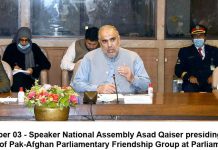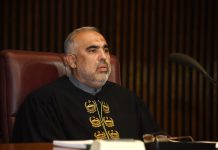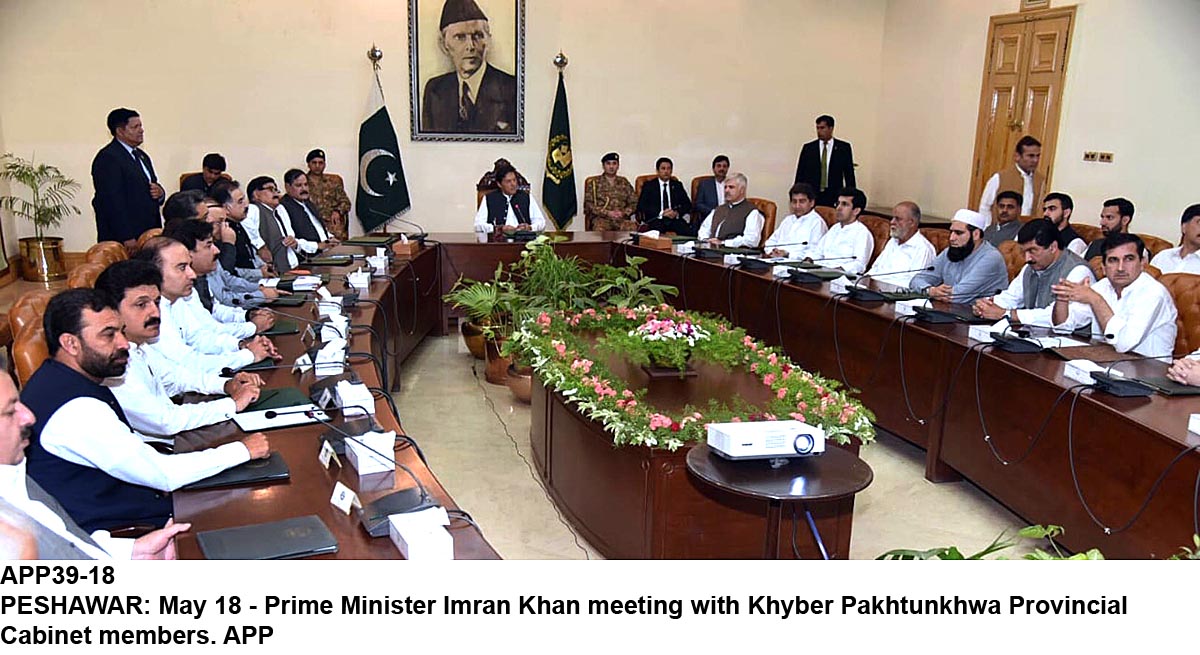NANGARHAR: An Afghan general leading the country’s battle against Islamic State has noticed something peculiar about the militant group’s fighters: They don’t loot ammunition after raids against his forces.
For Lieutenant General Mohammad Waziri, it is a clear sign that the militants are well financed. “They have a lot of money. Who’s giving it to them? How (are) they getting funds? I don’t know,” Waziri, the commander of the Afghan Army’s 201st Selab Corps, told a small group of reporters on Sunday, speaking through a translator.
The financing, the persistence of Islamic State attacks and the ease with which its forces are slipping back and forth across the Afghan-Pakistan border, are some of the reasons Waziri is not boasting too much about territorial inroads against the group this year.
Many of those advances have been the result of US air strikes against the group launched since US President Barack Obama allowed the US military in January to strike militants linked to Islamic State’s offshoot in Afghanistan, known as Islamic State-Khorasan Province.
General John Nicholson, the top US and NATO commander in Afghanistan, said the US strikes had helped reduce the amount of territory where IS has a presence in Nangarhar province to just two or three districts from a maximum of about nine last year. But Nicholson, too, was cautious.













